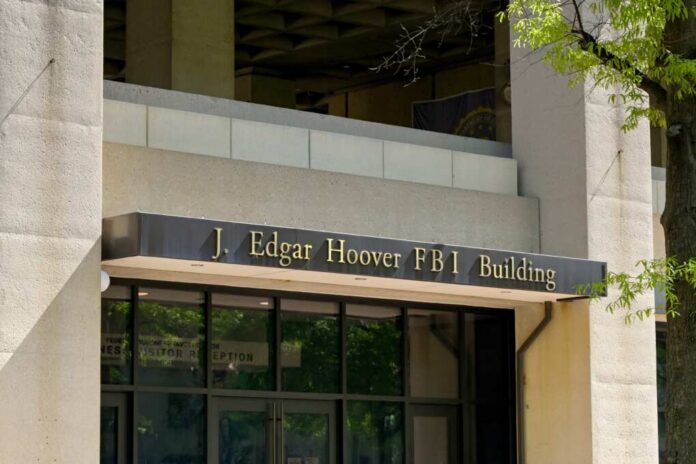
In the glaring spotlight of an FBI investigation, the false allure of deceit crumbles under the weight of integrity.
At a Glance
- Kevin Clinesmith, a former FBI lawyer, pleads guilty to altering a document in the Russia investigation.
- He is the first official charged in John Durham’s review of the FBI’s actions during the probe.
- Errors in FBI surveillance processes have been criticized in reports.
- Sentencing for Clinesmith is scheduled for December 10, with potential prison time.
The Investigation Unfolds
Kevin Clinesmith’s guilty plea shines a light on misconduct within the FBI’s surveillance activities during the Russia investigation. As a former FBI lawyer, Clinesmith admitted to doctoring an email. This email was pivotal in securing court approval to eavesdrop on Carter Page, a former Trump campaign adviser. Clinesmith’s admission marks him as the first official charged as part of a Justice Department review led by U.S. Attorney John Durham.
Sentencing guidelines indicate a potential zero to six months in prison for Clinesmith. However, the implications of his actions extend beyond his personal legal jeopardy. This admission highlights broader issues within the FBI’s surveillance applications regarding Page and other areas criticized for procedural flaws.
Ex-FBI lawyer admits to false statement during Russia probe
Document Alteration and Oversight
Clinesmith altered an email to falsely state that Carter Page was “not a source” for another government agency, which Page contends was the CIA. The FBI used this altered document in a final application to the Foreign Intelligence Surveillance Court. A report by the Justice Department inspector general revealed significant errors in the FBI’s surveillance methodologies concerning Page, emphasizing the need for increased oversight and accountability.
A Senate intelligence committee report further highlighted flaws in the FBI’s reliance on a Democrat-funded dossier for its surveillance applications. Such oversight discrepancies in the legal process have engendered calls for reforms within the FBI’s surveillance framework, compelling key officials to reconsider existing procedural structures.
“At the time, I believed the information I was providing in the email was accurate, but I am agreeing that the information I inserted into the email was not originally there and I inserted that information.” – Kevin Clinesmith
Ex-FBI lawyer admits to false statement during Russia probe | AP News
Carter Page, the central figure in this surveillance matter, has never faced charges or accusations of wrongdoing, further complicating the legality and ethicality of FBI surveillance measures endorsed through altered or misrepresented information.
Calls for Reform and Accountability
In testimony, former Justice Department officials admitted reluctance when approving surveillance applications due to unawareness of inherent procedural issues. This acknowledgment underscores a critical trust deficit within such investigative processes. Calls for accountability from lawmakers, including Sen. Lindsey Graham, emphasize the necessity to uphold justice integrity.
“It is imperative we restore trust to a broken system and the only way that is possible is for people to be held accountable for their actions. More to come.” – Sen. Lindsey Graham
While the FBI collaborates with Durham’s ongoing investigation, providing necessary documentation and assistance, the future remains uncertain. Potential additional charges linger as the investigation unfolds, with public and institutional scrutiny focused on resolving the errors uncovered.




















